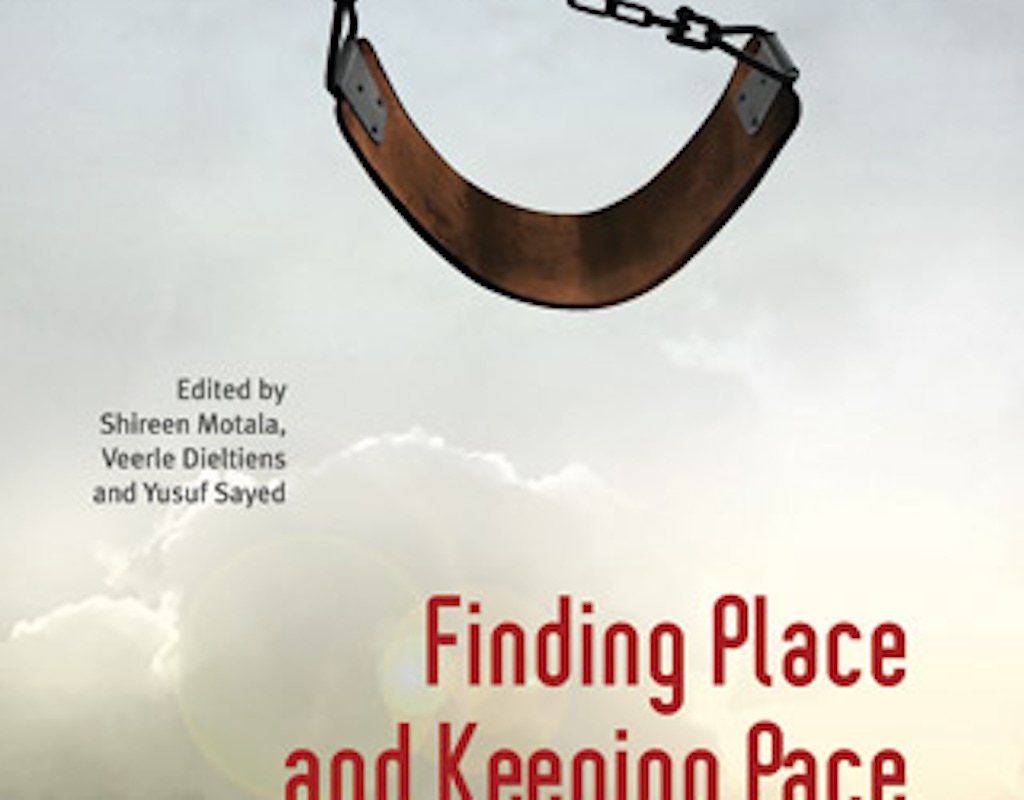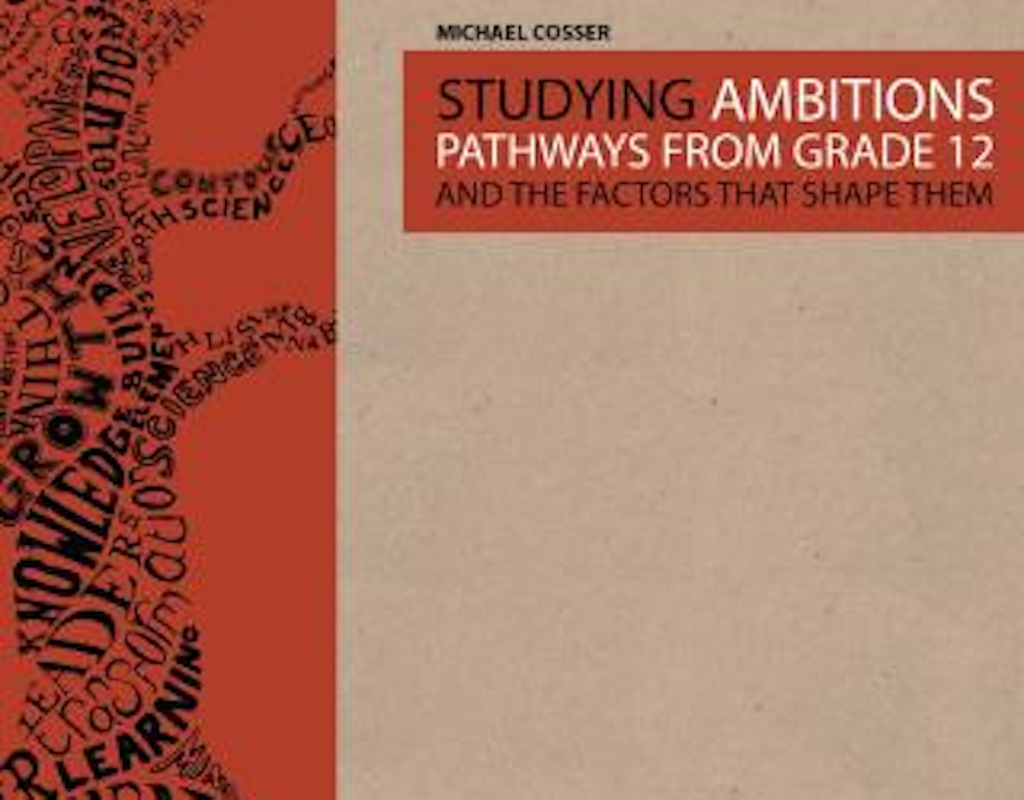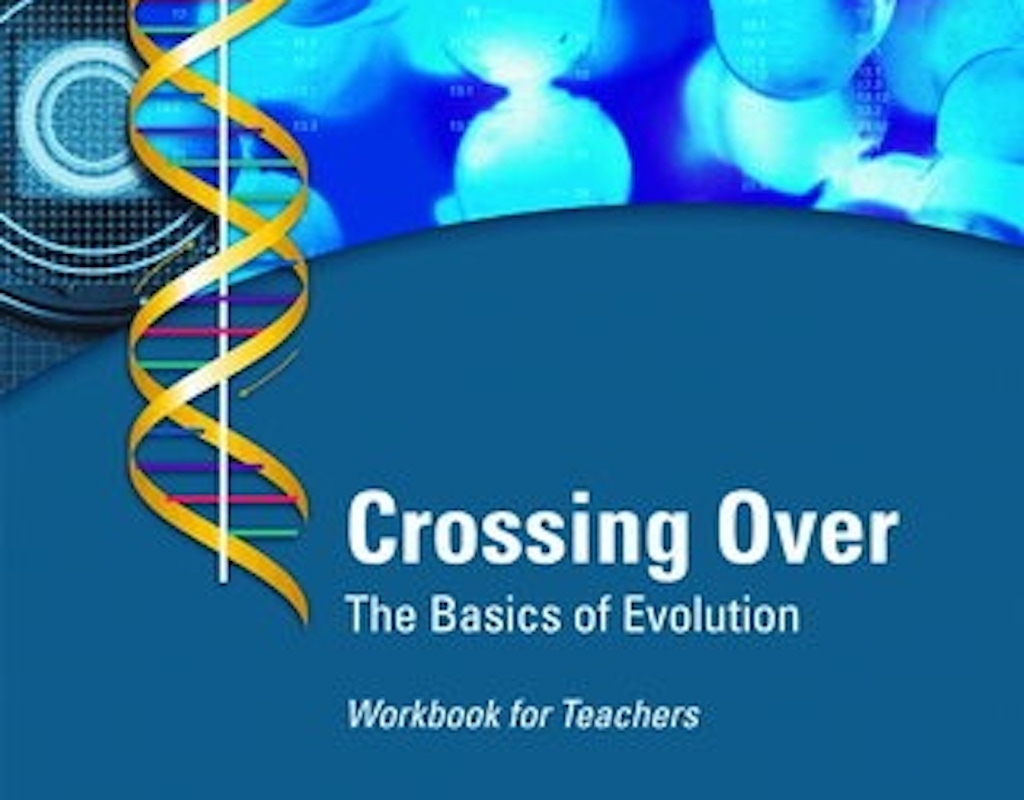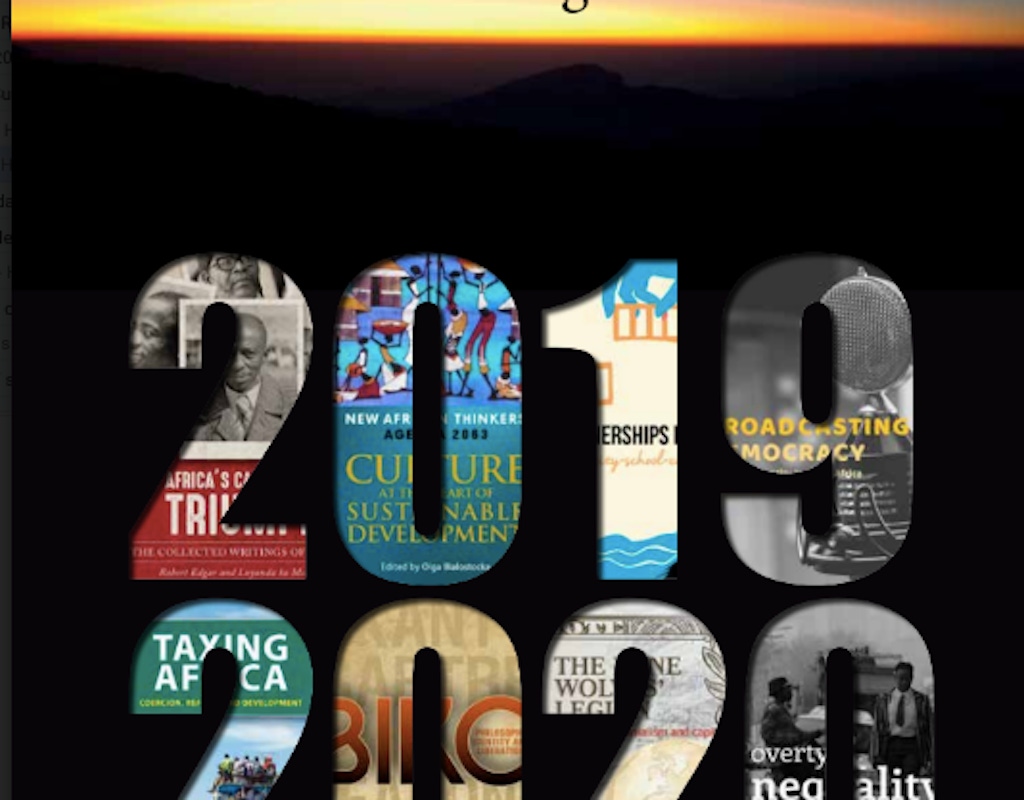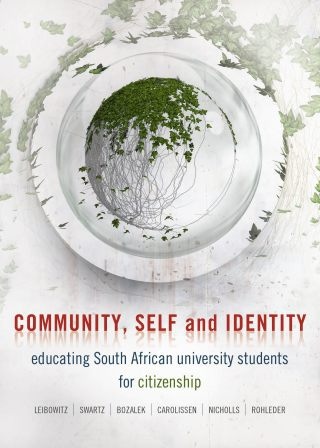
Education in South Africa is in crisis. Low literacy and numeracy rates, poor discipline, and a sense of despair pervade the education landscape. At the same time, educators are called upon to achieve more, with universities tasked to produce graduates capable of exercising responsible and reflective citizenship in a competitive and globalising world. However, universities face very complex demands and resource constraints. In this sobering context, this book provides an opportunity to learn from a bold experiment in teaching and learning taking place across two very different South African universities, one historically black, and one historically white and Afrikaans.
With a mixture of rigorous scholarship, thoughtful self-reflection, and insights which have relevance far beyond their own project, contributors to this ground-breaking volume take the reader systematically through an account of what is and is not possible in transforming higher education in South Africa. The contributors demonstrate the potential and limitations of imaginative innovations, and invite the reader into an ongoing discussion about the future and potential for higher education in South Africa and beyond.
Product information
List of figures and tables
Foreword
Nasima Badsha
Acknowledgements
Editors' introduction
Brenda Leibowitz, Leslie Swartz, Vivienne Bozalek, Ronelle Carolissen, Lindsey Nicholls and Poul Rohleder
Abbreviations and acronyms
PART 1: BACKGROUND
Understanding the challenges of the South African higher education landscape
Brenda Leibowitz
Community, self and identity: Training South African university students for transformation
Poul Rohleder and Leslie Swartz
Designing the project: Theoretical approaches
Vivienne Bozalek and Ronelle Carolissen
Community and identity: A theoretical review
Ronelle Carolissen and Poul Rohleder
PART 2: OUTCOMES AND FINDINGS
Student experiences of the CSI module
Ronelle Carolissen
'Apartheid was your past, not mine'
Lindsey Nicholls, Poul Rohleder, Vivienne Bozalek, Ronelle Carolissen, Brenda Leibowitz and Leslie Swartz
Interpreting drawings: Reading the racialised politics of space
Poul Rohleder and Lucia Thesen
Using cognitive maps to heal the legacies of apartheid
Stanley D. Brunn
PART 3: THE PARTNERS
Educating the educators: Creating a powerful learning environment
Brenda Leibowitz, Vivienne Bozalek, Ronelle Carolissen, Lindsey Nicholls, Poul Rohleder and Leslie Swartz
Facilitating deep understanding: A facilitators perspective
Dianne Dawes, Neil Henderson, Sorayah Nair and Melanie Petersen
Experiencing the CSI module through the camera lens
Andre Daniels
‘That's what friends are for’ - the CSI project's ‘critical friends’
Henk J. van Rinsum, Tamara Shefer and Toke Smolders
CLOSE: The pedagogy of discomfort as a lens for the CSI project
Megan Boler
About the authors
Index
